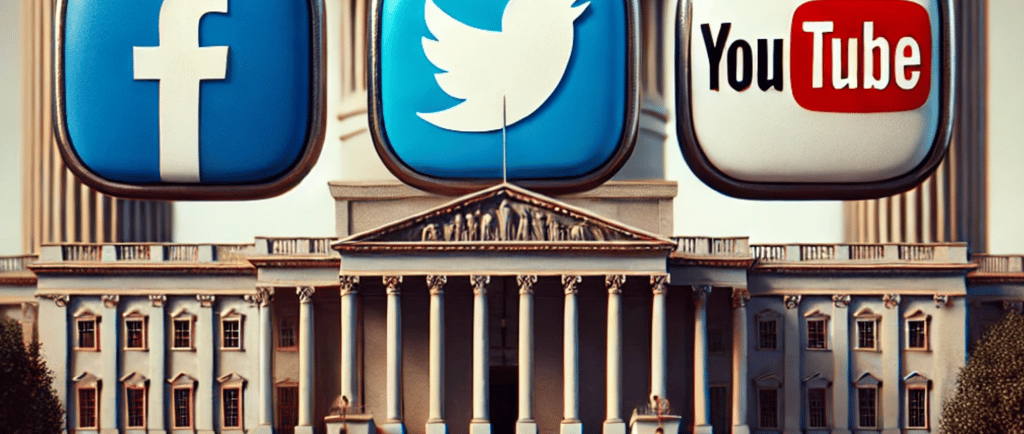A scientific approach to building and nurturing community through social media
Public Square Analytics offers VoxiFly to help officials manage their social media presence effectively.
6/26/20242 min read


Over the past 2 decades, the emergence of Web 2.0 and massive-scale engagement with social media have disrupted the political landscape. Politicians can directly engage with their constituents at speed and scale never before possible. What’s more, these engagements can be humanizing in ways that press conferences typically are not—personal photos and anecdotes, informal commentary on news of the day.
At the national level, some candidates have notably been able to leverage social media for major upsets. As a force multiplier, social media has upended traditional marketing and campaign finance models. For example, the political science literature has long considered the so-called incumbent advantage—the notion that in elections, incumbents typically hold an electoral advantage—primarily due to fundraising and name recognition. Social media is altering these assumptions in complex ways.
Recent work has highlighted direct links between social media engagement and campaign fundraising. This is particularly true for newcomers for whom social media reduces barriers to entry. Information about a candidate is disseminated to new audiences, resulting in connections with new donors. Notably, more frequent and more informative posts (e.g., including links to websites, responding to news fast) are also associated with higher contributions.
Given the incentives, it is understandable and indeed necessary for politicians to engage online. Yet, garnering attention on social media for the “right reasons” is critically important. It is well-established that negative content has greater reach. This is, in part, a function of the platform algorithms which optimize for engagement and high arousal. Likewise, misinformation spreads faster than truth online, a phenomenon which has also been attributed to the emotional valence and novelty of much false content.
With respect to politicians, research suggests that negativity in posts corresponds with greater negativity in public responses. These communications can fuel extreme partisanship and contribute to hyperpolarization. Indeed, hyperpolarization, echo chambers, filter bubbles, misinformation, disinformation… These are problems throughout social media. Yet, the official social media accounts of elected officials, we believe, are meaningfully different from other pages. The social media accounts of elected officials are, we suggest, the new public square. If managed with integrity, they must become a centerpiece of deliberative democracy, a place where constituents can share and listen, engage and connect.
From an even broader viewpoint, more and more Americans now actively participate in social media. The fact that they will read about candidates and officials through these platforms is inevitable. The question is – who will generate the content they see? At Public Square Analytics, through our signature VoxiFly tool, we empower officials to engage effectively with their communities online in an efficient and low-cost manner.
